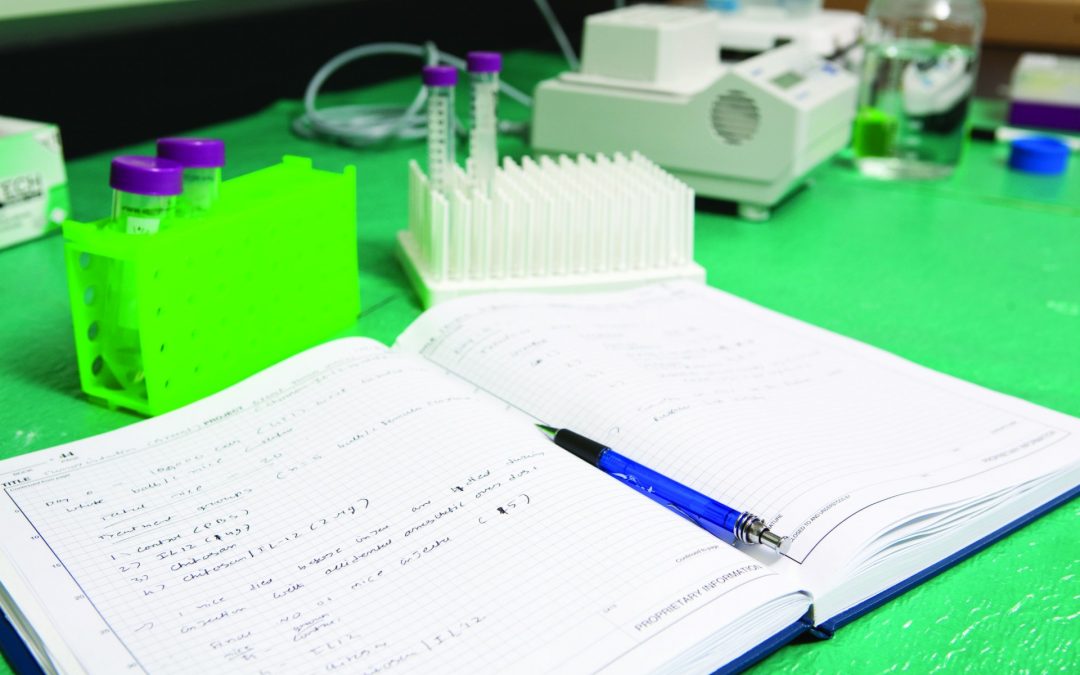 SHA JIN (left) studies stem cell differentiation and the interplay between cells and their environments. She examines how the interaction between cell-environment alters cell fate, including attachment, proliferation, differentiation, and cell death. Her research could lead to new cell-based therapeutics and to produce clinical relevant therapeutic cells. Other projects in Jin’s lab include drug delivery systems for cancer treatment and the development of nanosensors to diagnose disease.
SHA JIN (left) studies stem cell differentiation and the interplay between cells and their environments. She examines how the interaction between cell-environment alters cell fate, including attachment, proliferation, differentiation, and cell death. Her research could lead to new cell-based therapeutics and to produce clinical relevant therapeutic cells. Other projects in Jin’s lab include drug delivery systems for cancer treatment and the development of nanosensors to diagnose disease.
 JEFF WOLCHOK (left) investigates the effects of traumatic brain injury on a type of brain cell called an astrocyte using a novel benchtop “crash tester”. Dr. Wolchok also uses muscle cells to build biomaterials that mimic the properties of human tissue. Biomaterials like the ones Wolchok is creating in his lab would allow doctors to offer new and better treatments for patients with muscle injuries.
JEFF WOLCHOK (left) investigates the effects of traumatic brain injury on a type of brain cell called an astrocyte using a novel benchtop “crash tester”. Dr. Wolchok also uses muscle cells to build biomaterials that mimic the properties of human tissue. Biomaterials like the ones Wolchok is creating in his lab would allow doctors to offer new and better treatments for patients with muscle injuries.
TIM MULDOON (right) is working on a non-invasive method of looking at cells in the body. Combined with contrast agents, substances that help medical professionals differentiate between types of tissues, this imaging technology could make it easier to diagnose, treat and monitor diseases like cancer. Muldoon plans to further develop these technologies with the goal of making them available to hospitals and medical clinics.
 KARTIK BALACHANDRAN (left) studies the way mechanical forces affect cells and organs. Using photolithography and nanoengineering techniques, Balachandran creates materials that mimic the properties of human tissues and tests the response of this material to different stresses and forces. Using these methods, he can examine the effects of everything from war injuries to high blood pressure.
KARTIK BALACHANDRAN (left) studies the way mechanical forces affect cells and organs. Using photolithography and nanoengineering techniques, Balachandran creates materials that mimic the properties of human tissues and tests the response of this material to different stresses and forces. Using these methods, he can examine the effects of everything from war injuries to high blood pressure.
DAVID ZAHAROFF (right) focuses on delivery systems for cancer vaccines and immunotherapies. He is studying a biomaterial called chitosan. He has demonstrated that encapsulating protein antigens in chitosan enhances the body’s immune response against that specific antigen. Separately, he has shown that chitosan-based delivery of a immune stimulating protein called interleukin-12 can eliminate aggressive primary tumors as well as inhibit metastatic progression.



